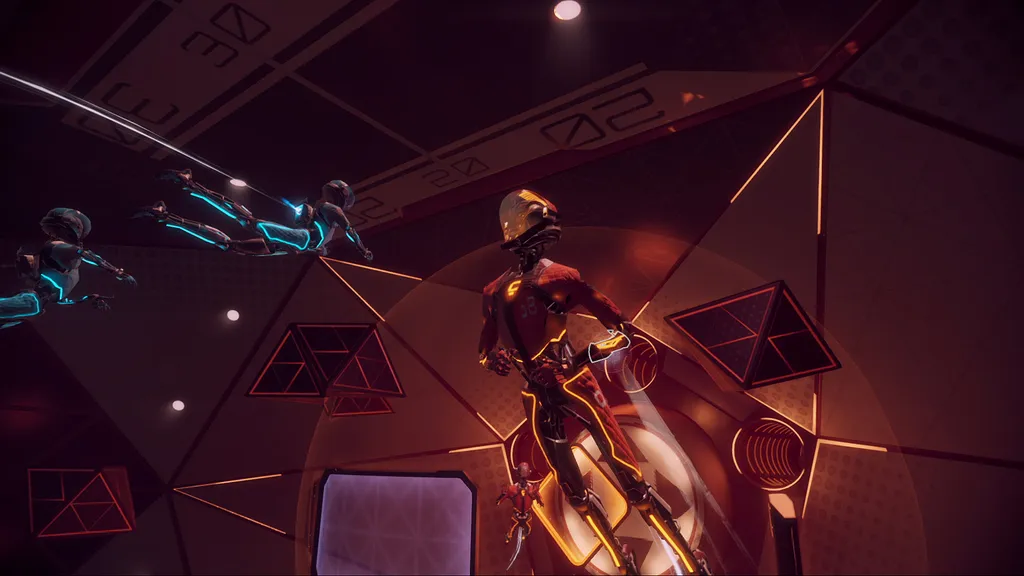Julian Apellanes was never comfortable going out of his house and although he struggled with issues like anxiety and depression, he didn’t want those things to define him. In a trend noticed by others, Apellanes has discovered a new path to reality through social VR. And unsurprisingly, he has dreamed of immersive gaming since he was a child.
“I’ve been gaming all my life and I thought how cool it would be to be inside those worlds,” the 27-year-old explained to me in an interview. Once news about the original Oculus Kickstarter came along years ago, he kept up with the progress and dreamed of a day when he’d be able to immerse himself in the gaming environment rather than simply watching the action unfold on a 2D screen.
Finally, when the Oculus Rift was released in 2016, his dream became a reality, but he couldn’t have known how being immersed in virtual environments would actually give him the confidence to face more traditional social settings.
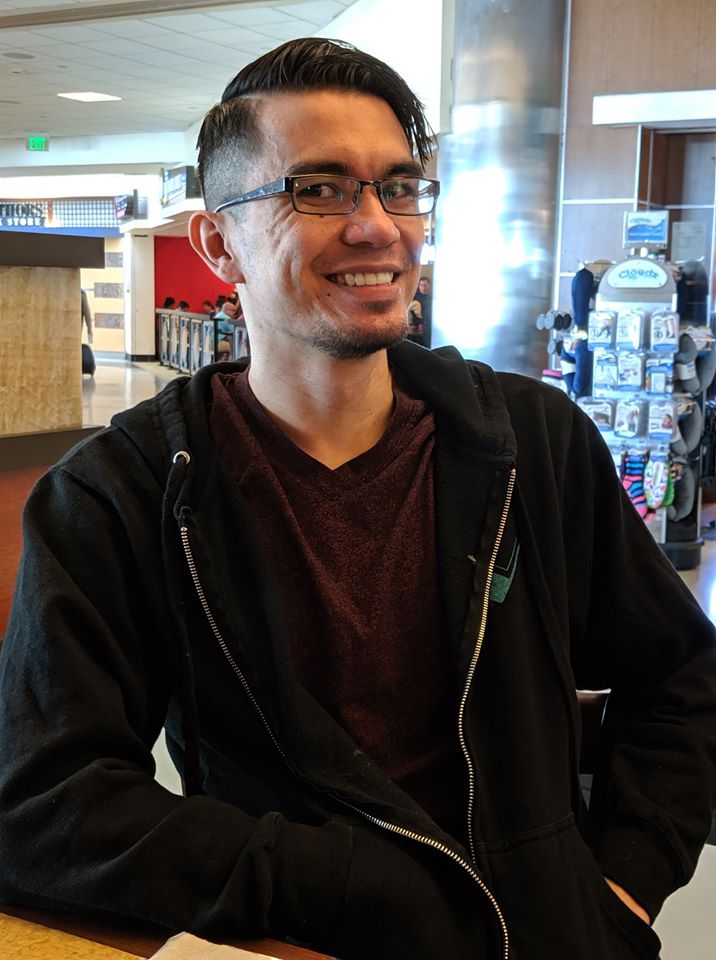
Apellanes became interested in gaming as a very young child. Raised by his grandparents, he would watch his grandpa play games as a toddler and by the time he was seven or eight years old, he was a master himself.
“I got my online / gaming alias from my grandpa,” explained Apellanes. “He originally came up with the name ‘Palidore’ as the name of his character in the RPG classic Baldur’s Gate, in the late 90s.”
Although his early years in gaming were spent in the lap of his granddad, watching him play and occasionally being permitted to help with a click of the mouse, eventually he began creating his own saves of the game and the name Palidore stuck with him.
Throughout his childhood and teen years, Apellanes started to spend more and more time playing games. In the case of VR, however, you’re actually more present and engaged in the virtual environments, whether you’re floating above the Earth or flying through a virtual arena.
“VR kind of blended the borders between reality and virtual reality,” said Apellanes. “It gave me the first step through that door of interacting with people a lot more so although I was still indoors and interacting with people within my own house, it was very social.”
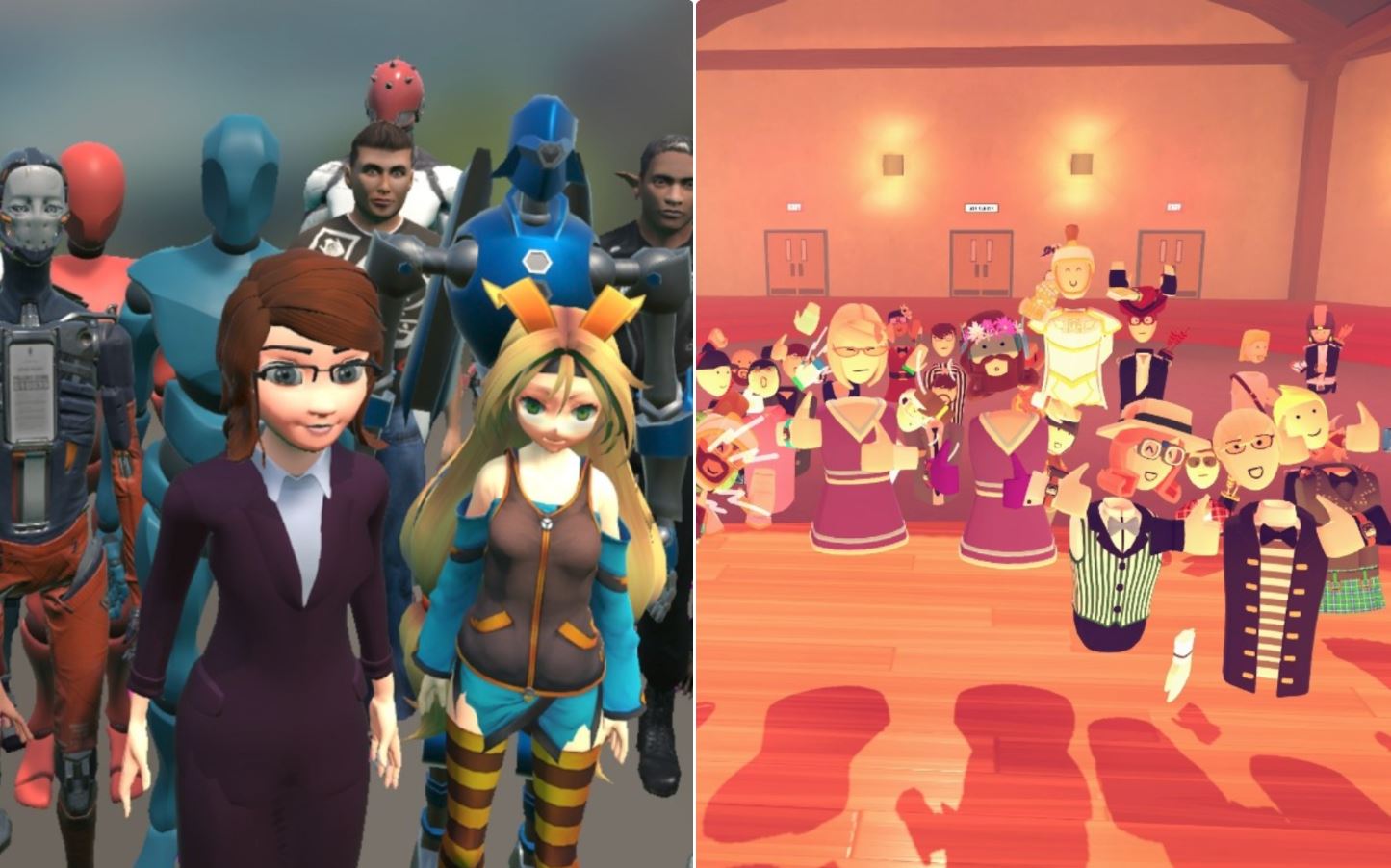
Early studies of the technology, such as one Facebook IQ commissioned with Neurons Inc in 2017, revealed that people respond positively to interactions in virtual reality. This is particularly true of introverts, who might be less self-conscious and have more confidence in a virtual environment.
Social platforms such as AltspaceVR, Bigscreen, VR Chat, and Rec Room are revolutionizing social interactions. Games with social lobbies where players can hang out, chat, and even talk about tough life issues such as dating, schoolwork, and problems at home are indicative of the fact that people are possibly more comfortable in their virtual bodies than their real ones.
“Just getting to be part of the worlds and experience a totally different reality than you’re used to,” said Apellanes, “but still in the comfort of your own home, that’s huge.”
In the summer of 2017, Apellanes began playing in the beta of Echo Arena, a built-for-VR game from Ready At Dawn that utilizes a unique form of movement as players fly, glide, and boost through a zero-gravity environment rather than walking or teleporting. The immersive feeling of the game is so convincing that players frequently report feeling a sensation of “floating” in physical reality after initially playing the game.
Soon after the game’s release, it was featured in the first season of the Oculus-sponsored, ESL-run VR League (called VR Challenger League at the time). Apellanes created a team with two friends – Kerestell “Lemming” Smith and Bryan “iShiny” McCarthy – and they proceeded to dominate the newly formed league.
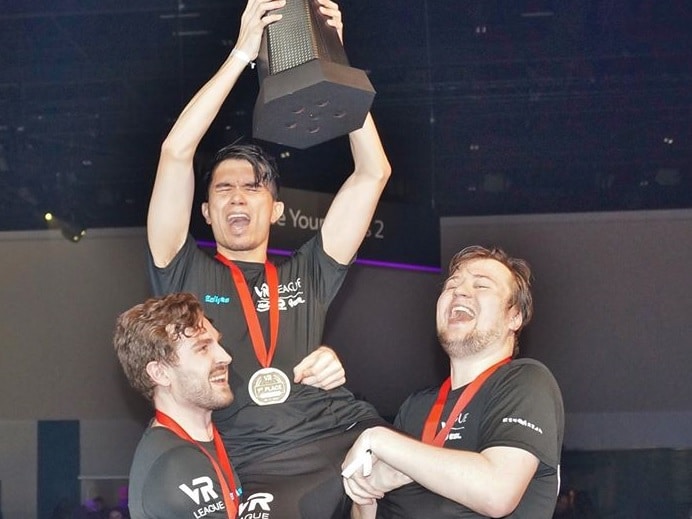
Being part of a championship team boosted Apellanes’ self-esteem, but the glory of winning also came with a price. Apellanes would have to leave the comfort of his home to compete at LAN events. Initially the team competed at Oculus Connect 4 in San Jose, California and eventually they would travel to Katowice, Poland and Leicester, England.
The team roster changed a bit during seasons 2 and 3 as Simeonk21 replaced iShiny, who remained on as coach. They managed to claim the second world championship in season 2, but failed to qualify for season 3 finals.
Apellanes took it in stride. Since he couldn’t attend VR League Season 3 Grand Finals as a finalist, the young man who wouldn’t leave his room several years earlier purchased a plane ticket to Leicester, England and attended the finals as a community member.
“Everyone has a purpose in life and sometimes it takes time to find it,” stated Apellanes. “For me, getting to go into Echo and being pretty good at it, start making friends, and things like that … my personal success there made me realize I could be good at something. I discovered who I was and who I could be.”
Since he became involved with VR esports, in addition to being one of the world’s top players, Apellanes has also written articles about his experiences and he has become a caster for the Echo Arena VR Master League (VRML). He was recently brought on as a board member for the VRML, a community-driven platform that features the most competitive VR games on the market.
“VR allowed me to kind of show myself what I was capable of,” he stated, adding that he has been “continuing the momentum since then.”
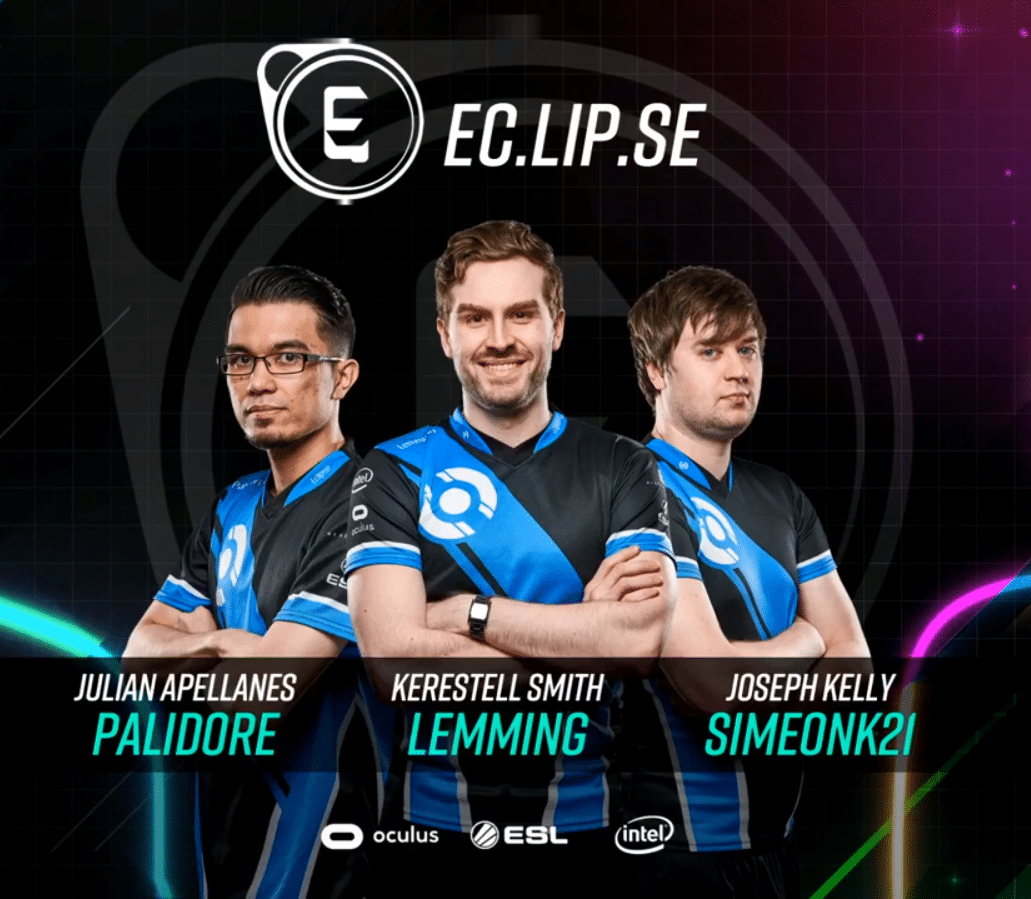
“VR has been a positive influence in many ways,” he said. “VR has helped me socially and mentally with things like anxiety and depression. It allows you to step out of your comfort zones while still being in your comfort zone. VR lets you get out without getting out.”
When people can experience environments at a self-regulated pace, it enables them to develop coping skills that they might find difficult to develop in traditional environments. Whether someone is extremely shy or they’ve experienced trauma, the ability to control the rate of exposure to an environment is vital to success.
The phenomenon of virtual reality being used as exposure therapy without actually forcing people into stress-inducing settings in physical reality hasn’t gone unnoticed by others. Even the Veterans Administration is using virtual reality to help service members deal with post-traumatic stress disorder (PTSD) through programs such as Bravemind VR Exposure Therapy.
“VR is a tech we’ve never quite seen before,” said Apellanes. “It immerses your brain in ways it doesn’t expect. Because of that, it helped me and it helps a lot of other people step out of their comfort zones and experience new things.”
These days Apellanes stays incredibly busy casting games and promoting VR esports. He keeps his eyes open for opportunities as the industry continues to grow and he explores career avenues, looking for ways he might be able to use his talents in a world where virtual and physical realities intersect.
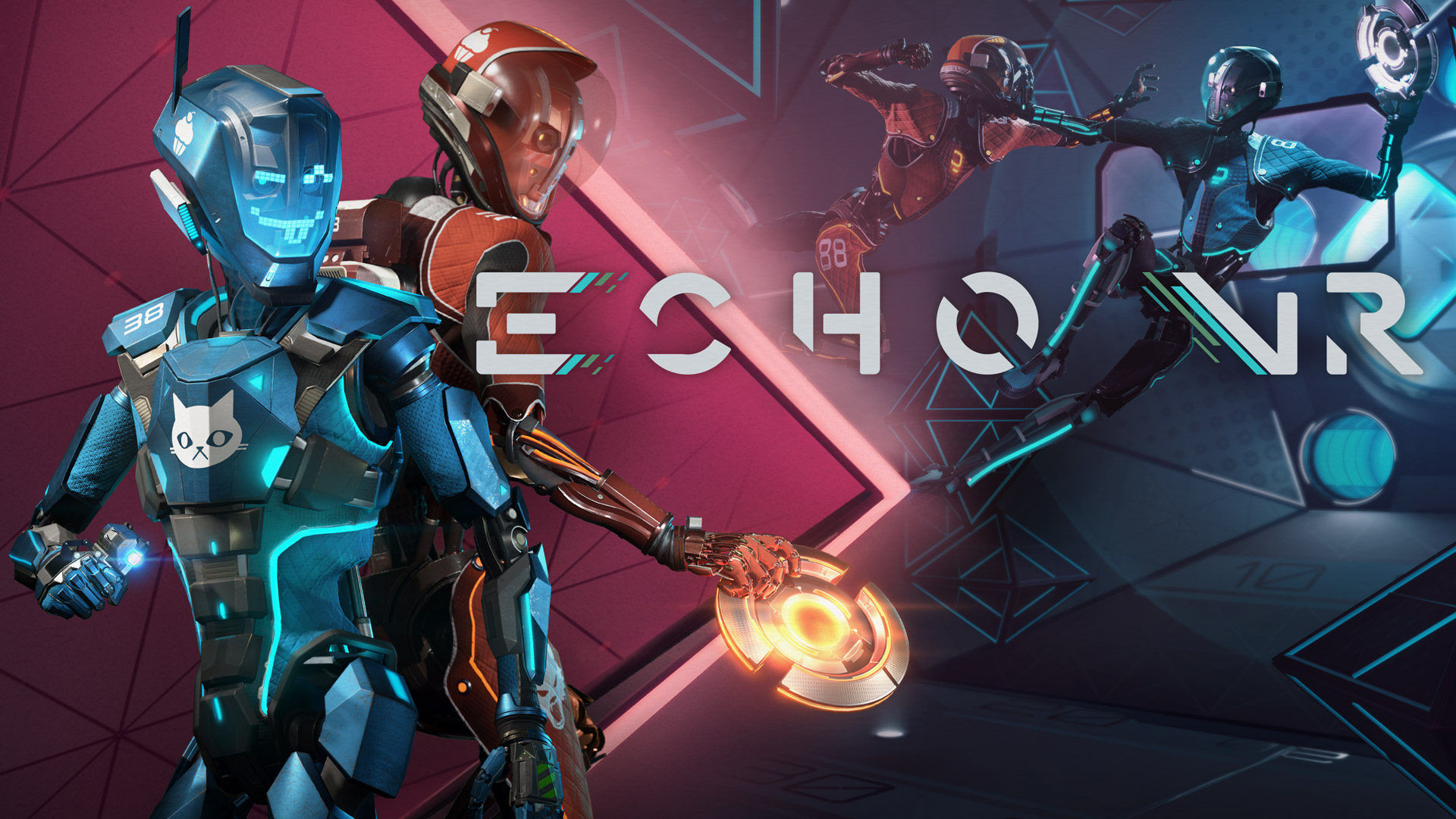
Do you have any stories about how VR has helped you with social anxiety, depression, or something else? Let us know down in the comments below!

